Summary and Key Tips
Summary: After years of negotiations, Mercosur and the European Union have successfully signed a free trade agreement. The pressure from the political crisis in France and the threat of U.S. tariffs have accelerated this process. The intervention of Brazilian President Lula da Silva and the shift in the Argentine administration under Javier Milei have also been key factors in finalizing this agreement.
The agreement between Mercosur and the European Union represents not only a commercial victory but also a political statement in an increasingly polarized world. As the final details are worked out and legal reviews take place, the international community watches closely. This agreement could set a precedent for future collaborations in a global context that demands cooperation in the face of shared challenges.
IG: @infonegociosmiami
Highlighted Tips:
Regional Collaboration: The alliance between Mercosur countries and the EU is crucial for addressing global challenges.
Trade Openness: Promoting freer and fairer trade will benefit all involved, creating a market of 700 million people.
Approval Importance: Securing the agreement's approval in Europe is vital; at least 15 out of 27 EU member states need to be on board.
Effective Safeguards: Including clauses that protect the interests of local producers is essential for garnering support in Europe.
Tariff Elimination: The agreement plans to eliminate 70% of EU tariffs and 72% of South American trade tariffs over a ten-year period.
Environmental Standards: It includes a mutual commitment to environmental and anti-deforestation standards, addressing concerns about Amazon deforestation.
Sensitive Product Quotas: The EU and Mercosur will establish quotas for sensitive products like meat, rice, and dairy, allowing for controlled competition.
Compensations for Farmers: A fund of €1 billion is expected to compensate European farmers affected by the agreement.
Agreement Division: There’s a possibility of splitting the agreement into two parts: one for trade and another for political dialogue, facilitating approval without unanimity in the EU Council.
Access to Raw Materials: The agreement ensures access to critical raw materials like nickel and copper, essential for the green transition.
Technological Cooperation: Common standards will be established in cooperation and political dialogue areas, potentially facilitating exchanges in technology and the environment.
Long-Term Political Commitment: Despite criticisms, the agreement represents a lasting political commitment between the EU and Mercosur, which can drive economic development in both regions.
The Importance of the Agreement
"This agreement is not just an economic opportunity; it's a political necessity," stated European Commission President Ursula Von der Leyen. In an environment where protectionism and isolation seem to be gaining ground, this agreement stands as a symbol of cooperation and unity. Von der Leyen's declaration resonates in a context where "strong winds are blowing against," reaffirming the significance of regional integration.
The Role of Lula and Argentina's Influence
Lula's leadership has been pivotal in closing the deal. Since taking office in January 2023, the Brazilian president has worked to ease the environmental restrictions that Europeans had imposed. “Brazil is committed to sustainable development and international cooperation,” Lula stated, emphasizing the need to strike a balance between economic growth and environmental protection.
Meanwhile, Javier Milei's arrival in the Argentine presidency brought a shift in the negotiation dynamics. “Argentina's opening to international trade is a necessary step to benefit all Mercosur member countries,” Milei affirmed, highlighting his willingness to relax conditions to facilitate the agreement.
Notable Comments
Ursula von der Leyen: “This is an agreement where everyone wins.” (Referring to the consensus reached among leaders during the summit in Montevideo.)
Ursula von der Leyen: “This agreement is not just an economic opportunity; it's a political necessity. I know strong winds are blowing in the opposite direction, towards isolation and fragmentation, but this agreement is our response.” (Emphasizing the political significance of the deal.)
Luis Lacalle Pou: “An agreement like this is not a solution; there are no magic fixes... it’s an opportunity, and it will depend on each of us how quickly we move this forward in our countries.” (Reflecting on the agreement's impact on the involved nations.)
Ursula von der Leyen: “Trade agreements are more than just economic deals. This one ensures that investments respect Mercosur's natural heritage. Both sides benefit.” (Highlighting the ecological dimension of the agreement.)
Ursula von der Leyen: “Today is a great day for Mercosur, for Europe, and a historic moment. A whole generation has devoted its effort to bringing this agreement to life.” (Celebrating the achievement after years of negotiations.)
Ursula von der Leyen: “We have the potential to create a market of 700 million people,” underscoring the magnitude and potential of the agreement.
Global Context and Challenges
Macron's crisis, which has left the French president in a vulnerable position, has been a key factor in accelerating the negotiations. Pressure from the United States, with the threat of tariffs under Donald Trump's administration, has added a sense of urgency. “Political stability in Europe is crucial for global trade,” emphasized an international relations expert.
Opposition Critiques
French and Irish farmers have voiced their concerns: “This is a deal swapping vehicles for meat,” highlighting their opposition to unfair competition.
Future Outlook
“With this agreement, the EU completes its extensive network of trade deals with all Latin American countries,” stressing the geopolitical importance of the alliance.
Negotiation History
“It has been a long process, and the last six months have been particularly painful,” reflecting the difficulties and complexities of the negotiation process.
Von der Leyen's Strategy
Von der Leyen has opted for a savvy approach to advance the agreement, dividing the text into two parts to avoid the need for ratification by the parliaments of the 27 EU member states. This tactic aims to sidestep the resistance from France and other countries that might see their local interests threatened. “It’s essential to move quickly, given the current geopolitical context,” Von der Leyen hinted, in a clear attempt to consolidate her leadership.
-
Infonegocios NETWORK: 4.5 million Anglophones and Latinos united by a passion for business.
-
Subscribe for free to receive the most strategic, agile, and valuable insights at: https://infonegocios.miami/suscribite-al-newsletter
-
Contact Infonegocios MIAMI:
[email protected] or [email protected]
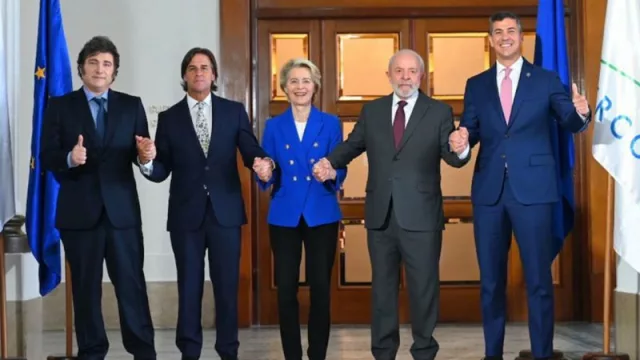




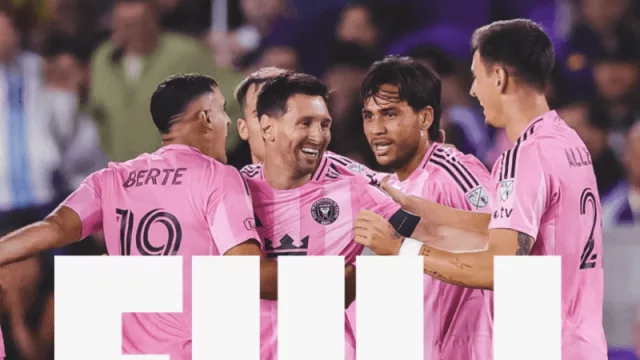
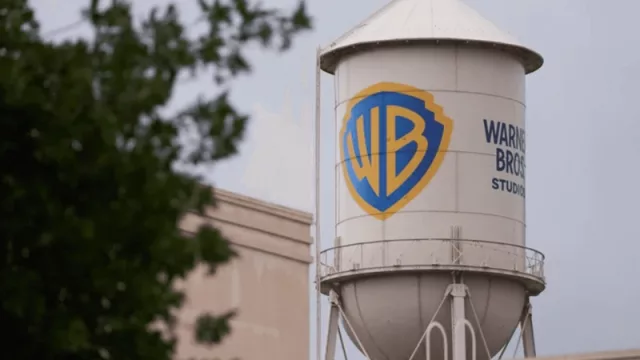


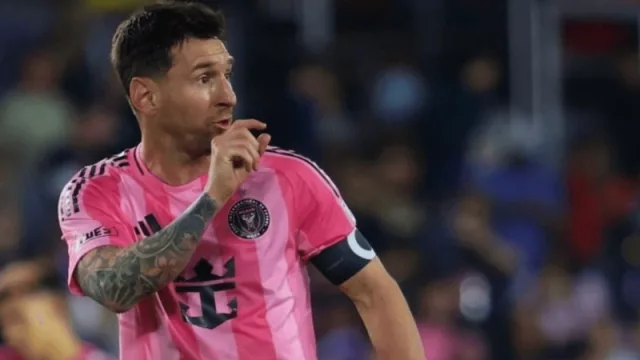
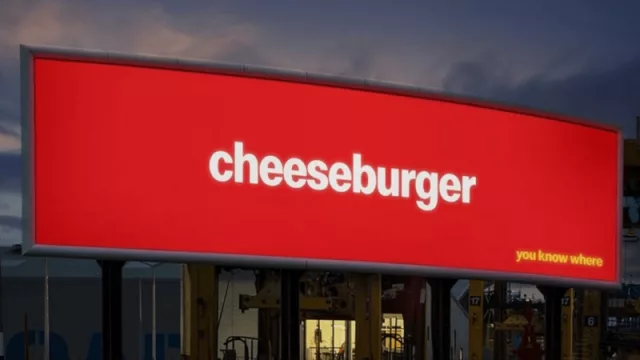

Tu opinión enriquece este artículo: